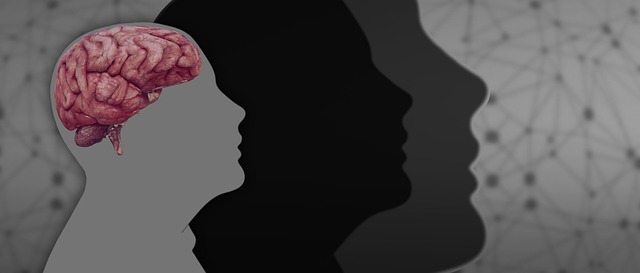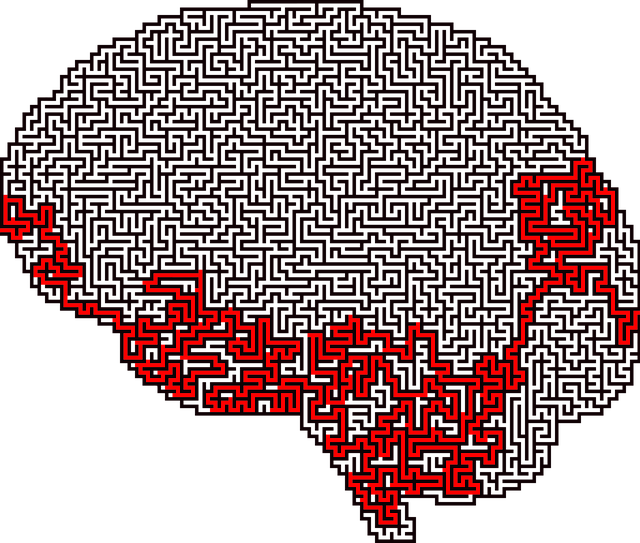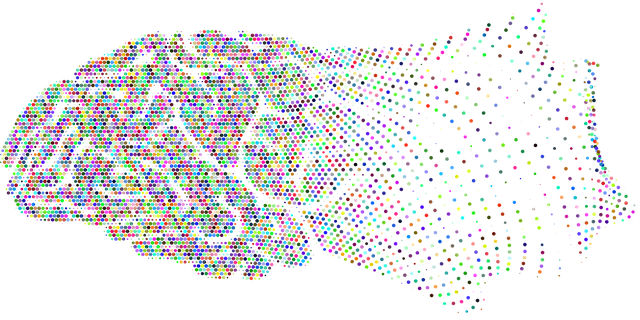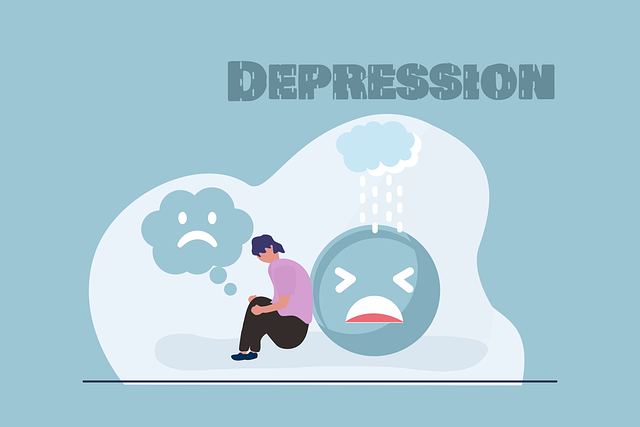Westminster Gender Identity Therapy offers specialized support for individuals experiencing loss, grief, and bereavement, recognizing their profound impact on mental wellness. They provide a safe space for personal healing through individual counseling, group therapy, and community outreach, addressing complex emotions and unique challenges related to gender identity. With a holistic approach, WGIT facilitates emotional expression, develops coping strategies, and fosters resilience, helping clients navigate life transitions and overcome prolonged or complicated grief.
Grief is a universal human experience, yet navigating its complexities can feel overwhelming. This comprehensive guide explores loss, grief, and bereavement, providing insights into the healing process. We delve into the critical role counseling plays in managing these challenging emotions, highlighting Westminster Gender Identity Therapy as a safe haven for emotional support. Learn to recognize signs of complicated grief and discover effective strategies employed by professionals to assist individuals in their journey through bereavement.
- Understanding Loss, Grief, and Bereavement: A Comprehensive Overview
- The Role of Counseling in Navigating Difficulties After Loss
- Westminster Gender Identity Therapy: A Safe Space for Emotional Support
- Identifying Signs of Complicated Grief and When to Seek Professional Help
- Effective Strategies and Techniques in Bereavement Counseling
Understanding Loss, Grief, and Bereavement: A Comprehensive Overview

Loss, grief, and bereavement are deeply personal experiences that can profoundly impact an individual’s mental wellness. Understanding these concepts is a crucial step in offering effective support to those going through difficult times. At Westminster Gender Identity Therapy, we recognize that loss can stem from various sources, including the passing of a loved one, relationship transitions, or significant life changes.
Grief is the complex emotional response to loss, often characterized by sadness, anger, and a sense of emptiness. It is a natural process that varies for everyone, with some individuals experiencing intense emotions immediately while others may feel a more gradual impact. The journey through bereavement involves coping mechanisms and strategies, such as mental wellness journaling exercises, communication strategies, and applying mind over matter principles, to help individuals navigate their feelings and gradually adapt to their new reality.
The Role of Counseling in Navigating Difficulties After Loss

After experiencing a significant loss, seeking counseling can be a transformative step towards healing and recovery. Westminster Gender Identity Therapy understands that grief is a complex process unique to each individual, offering specialized support tailored to their needs. Through one-on-one sessions or group therapy, clients develop coping strategies, gain insights into their emotions, and foster inner strength development. The therapeutic environment provides a safe space to explore feelings of sadness, anger, or guilt without judgment, allowing individuals to navigate these difficulties with increased emotional intelligence.
In addition to individual counseling, the therapy center often facilitates community outreach program implementations, further emphasizing its commitment to holistic support. These programs create a sense of belonging and understanding, where those in mourning can connect with others who have shared experiences, fostering social connections vital for recovery. By combining personalized attention and group support, Westminster Gender Identity Therapy ensures that individuals find comfort, resilience, and the resources needed to overcome grief and bereavement.
Westminster Gender Identity Therapy: A Safe Space for Emotional Support

Westminster Gender Identity Therapy offers a safe haven for individuals navigating loss, grief, and bereavement. This specialized counseling service understands the unique challenges faced by those exploring their gender identity, especially during difficult emotional times. In a world where burnout prevention is crucial, this therapy provides a much-needed sanctuary. It fosters self-esteem improvement and equips individuals with stress reduction methods to cope with life’s transitions.
By creating a supportive environment, the therapy allows clients to express their emotions freely, without fear of judgment. This approach not only helps in processing grief but also promotes personal growth. In a society where the topic of gender identity is often met with enigma and whispers, Westminster Gender Identity Therapy breaks down barriers, offering a testament to the power of understanding and acceptance in healing processes.
Identifying Signs of Complicated Grief and When to Seek Professional Help

Many individuals experience grief following the loss of a loved one, but there comes a point when normal mourning turns into complicated or prolonged grief that requires professional attention. Westminster Gender Identity Therapy (WGIT) emphasizes the importance of recognizing signs early on to initiate timely support. Complicated grief is characterized by intense emotional pain that interferes with daily functioning and persists for extended periods, often longer than 12 months. This could manifest as persistent feelings of anger, depression, severe anxiety, or a sense of emptiness, coupled with difficulties in concentrating, making decisions, or carrying out regular responsibilities.
If you or someone close to you is experiencing these symptoms, it’s crucial to seek professional help. Mental Health Awareness advocates for early intervention as a key strategy in risk management planning for mental health professionals. WGIT offers specialized counseling services tailored to address complex grief and bereavement, ensuring individuals receive the support they need to navigate this challenging phase and find meaningful coping strategies.
Effective Strategies and Techniques in Bereavement Counseling

In bereavement counseling, several effective strategies and techniques help individuals navigate their grief journey. One approach involves creating a safe and non-judgmental space where clients feel empowered to express their emotions openly. This often includes active listening, empathy, and validation of their feelings, allowing them to process loss at their own pace. Counselors can also incorporate various therapeutic methods tailored to individual needs, such as cognitive-behavioral techniques to challenge negative thoughts or mindfulness exercises to promote peace and acceptance.
Westminster Gender Identity Therapy, for instance, integrates these principles while focusing on the unique aspects of gender identity in bereavement. This specialized approach ensures that clients receive support not just for their loss but also for any intersecting identity concerns. Additionally, incorporating Mental Health Education Programs Design can equip individuals with coping strategies and resilience-building techniques to manage grief in the long term. Social Skills Training and Trauma Support Services may also be beneficial, addressing potential challenges in interpersonal interactions and offering specialized care for those who have experienced trauma alongside their loss.
Loss, grief, and bereavement are profound experiences that can greatly impact an individual’s well-being. As this article has explored, understanding these processes is a crucial first step towards healing. Counseling plays a vital role in navigating these difficulties, offering a safe space to process emotions, such as those provided by Westminster Gender Identity Therapy. By recognizing the signs of complicated grief and knowing when to seek professional help, individuals can access effective strategies and techniques tailored to their unique needs. Through compassionate support and evidence-based practices, bereavement counseling empowers individuals to find meaning, adapt, and ultimately, heal from loss.














